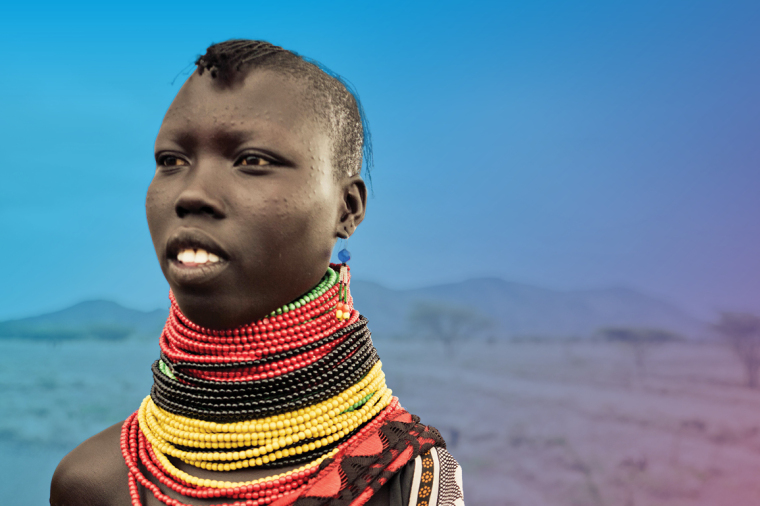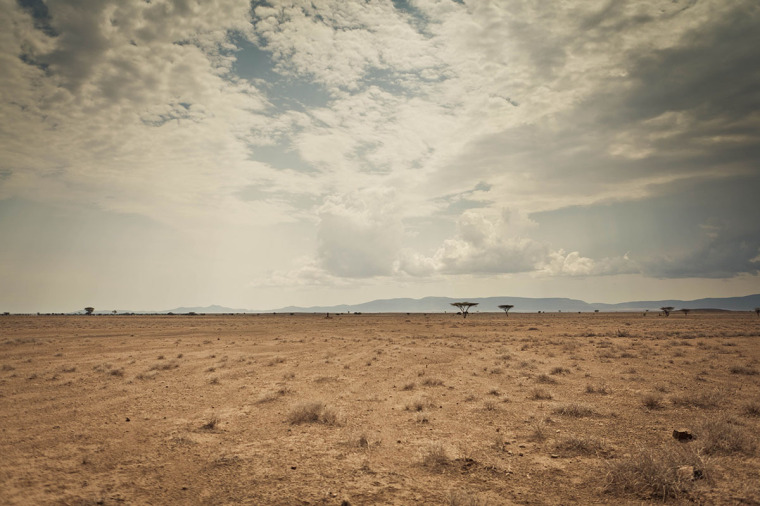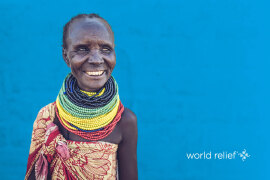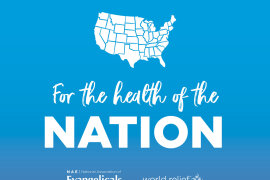The Path to Lasting Change
Change isn’t easy, and it isn’t fast. Change shows up day after day, month after month, year after year. The path to change requires faithfulness, consistency and a commitment to going the distance — no matter how far or how long it takes.
Following the Sahelian drought of the mid-1980s, massive famine devastated the Turkana region. As is so often the case with large-scale global disasters, the initial compassion surge propelled aid rapidly into the region. International organizations set up food distributions, medical teams flew in to staff temporary feeding clinics.
One intervention was a fishery. Its promise? To prevent the people of the region from ever facing starvation again. The reality? A tragic landmark of good intentions gone wrong. The people of Turkana, you see, do not eat fish.
It seems that every year we hear horror stories of time and money poured into well-meaning aid interventions that fail to solve the problems they intended to, create damaging patterns of dependency or, worst of all, create bigger problems for their intended beneficiaries.

These well-intentioned interventions can leave those that long to see lasting change take root feeling overwhelmed, perplexed and even defeated. Is there a solution? Is it possible to help without creating dependencies? Is there truly a way to bring flourishing to communities across the globe?
While stories like this one from Turkana are tragic, they’ve taught us important lessons. In fact, they are a central part of how World Relief has developed our model of relief and development because they’ve helped us understand that lasting change comes not with quick fixes or band-aid solutions, but through a deep understanding of the unique beliefs, cultural traditions, resources and needs of the communities in which we work.
It means that in places like northern Turkana, we understand that this nomadic, pastoralist community survives on a diet of meat, milk, and blood, and that asking them to eat fish – a species they believe are directly related to snakes and associate with danger – is not a quick fix, even in cases of famine.

When seeking to fight against famine in the region, World Relief worked closely with local churches and leaders to brainstorm creative solutions to combating malnutrition amongst the Turkana population. Today, there is a robust agricultural program in the region that helps expand and diversify the Turkana diet beyond traditional food sources, as well as teach desert farming techniques to help conserve water. We’re also breeding drought-resistant goats that can survive for longer periods of time without water when drought strikes, providing a prolonged food source for the people of Turkana.
Grassroots interventions like the ones in Turkana not only honor local knowledge, culture and community resources, but they also pave the way to break the cycle of Western aid that disempowers so many communities in the developing world.
It’s also precisely why, when we first enter communities, we begin by bringing local churches together to discuss the ways in which they can work together to solve their own problems. In fact, local pastors, community leaders and a global network of over 95,000 local volunteers are responsible for the implementation of our programs around the world. Our international staff, 95% of whom are local to the communities in which they work, have an inside voice and understanding that no outside organization can bring. What’s more, they will remain in their communities long after we depart — creating, leading and sustaining community efforts toward change.
Over the last six months, it has become apparent that the quick fixes and band aid solutions our nation and our world have often gravitated toward are no longer working. Problems must be faced at the root and lasting solutions cannot be rushed. It takes time, attention and intention to forge the path to lasting change, no matter what issue you’re trying to address.
At World Relief, we’re embracing this approach as we tackle some of the world’s biggest problems — disasters, extreme poverty, violence, oppression and mass displacement. We are devoted to addressing the root causes of these issues with locally-driven, sustainable solutions that ensure transformation remains long after World Relief is gone. Yes, this approach takes time. Yes, it is difficult to measure. Yes, in our culture of immediate gratification, it is hard. But we know this approach works. And you can join us in it.
Will you join us as we forge the path to lasting change?
Click here to learn more about World Relief and The Path to Lasting Change
God calls us to just and compassionate governance, and He calls us to engage the public square with conviction and love.




